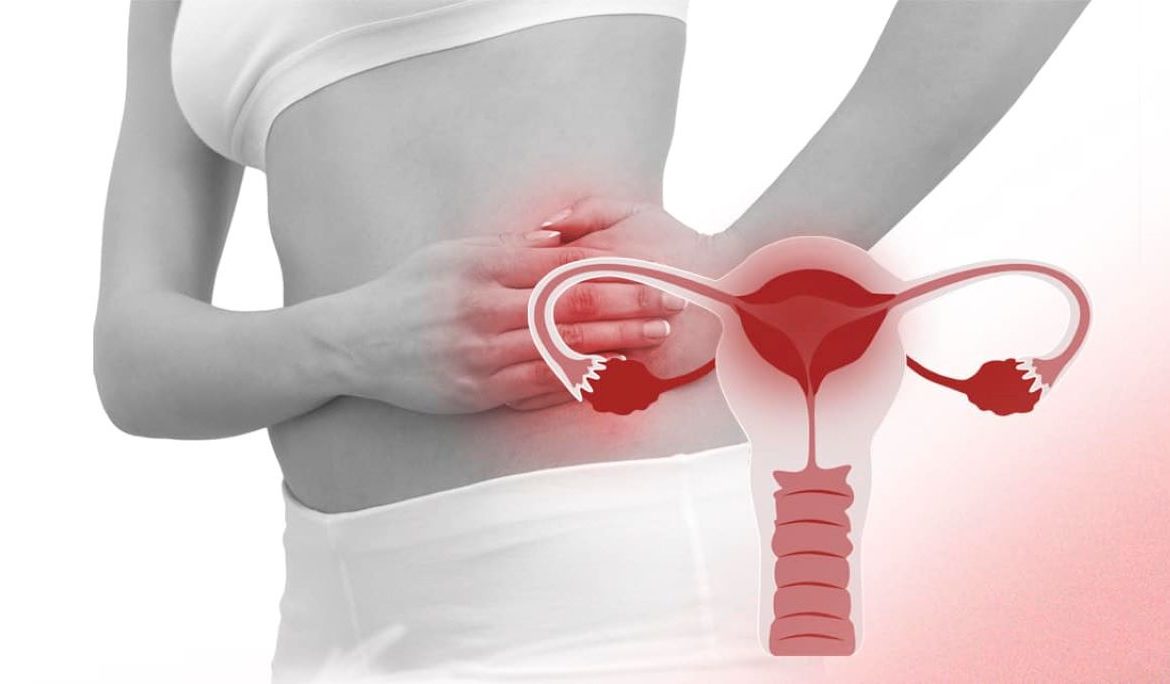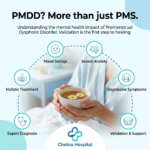Pelvic infections are common health concerns among women and involve an infection of the reproductive organs, including the uterus, fallopian tubes, and ovaries. The medical term often associated with pelvic infections is pelvic inflammatory disease (PID), which occurs when harmful bacteria move from the vagina into these reproductive organs, leading to infection. Pelvic infections can have significant health impacts if untreated, including chronic pelvic pain, infertility, or complications during pregnancy. Understanding the factors that trigger pelvic infections is essential for prevention and prompt treatment.
1. Unprotected Sexual Activity
One of the most common causes of pelvic infections is unprotected sexual activity, particularly when involving multiple sexual partners. Sexual contact without protection can introduce bacteria, including those that cause sexually transmitted infections (STIs), such as Chlamydia trachomatis and Neisseria gonorrhoeae. These bacteria are highly associated with PID, as they can travel up the reproductive tract and trigger an inflammatory response in the pelvis.
Prevention Tip: Using barrier methods like condoms and practicing safe sex habits can reduce the risk of bacterial transmission and prevent pelvic infections. Regular STI screenings are also important, especially if you or your partner have multiple partners.
2. Multiple Sexual Partners
Having multiple sexual partners increases the likelihood of exposure to different types of bacteria and STIs, thereby raising the risk of pelvic infections. Each partner can introduce new bacteria into the body, some of which may be harmful. Even with precautions, each additional partner introduces a new bacterial profile that may increase susceptibility to infections.
Prevention Tip: Limiting the number of sexual partners can reduce the risk of infection, along with open communication about sexual health and regular screenings with new partners.
3. Douching
Douching is often marketed as a way to “cleanse” the vagina, but it can disrupt the natural bacterial balance. The vagina is self-cleaning, and introducing external fluids through douching can disturb the pH balance and bacterial flora, allowing harmful bacteria to grow. Douching not only disrupts the protective balance but may also push bacteria further up the reproductive tract, increasing the risk of infections.
Prevention Tip: Avoid douching, as it disrupts the body’s natural defense system. Instead, maintain hygiene with mild, unscented soap and water for external cleansing only.
4. Insertion of Intrauterine Devices (IUDs)
Intrauterine devices are a common form of contraception, and though they are generally safe, the process of inserting an IUD can potentially introduce bacteria into the uterus. Some women may experience a slight increase in the risk of pelvic infections shortly after IUD insertion. It’s important to note that this risk typically subsides once the body adjusts to the device.
Prevention Tip: Before getting an IUD, discuss any concerns with your healthcare provider. It’s also essential to have an STI screening before insertion, as untreated STIs can increase infection risk.
5. Poor Hygiene Practices
Improper hygiene practices, such as wiping from back to front after using the restroom, can introduce bacteria from the anus to the urinary or reproductive tracts. These bacteria can lead to urinary tract infections (UTIs) that may potentially escalate into pelvic infections if left untreated.
Prevention Tip: Practice good hygiene by always wiping from front to back. Additionally, avoid tight clothing that can trap moisture, which can encourage bacterial growth, and change out of workout clothes or swimsuits promptly.
6. Post-Surgical or Postpartum Infections
After childbirth or any surgical procedure involving the pelvic area, such as a C-section or gynecological surgery, the body is temporarily vulnerable as it heals. This period can be a potential window for bacteria to enter the reproductive tract and cause infection. Postpartum infections, also known as puerperal infections, can be particularly serious if untreated, leading to complications or worsening conditions.
Prevention Tip: Following any surgery or childbirth, monitor for symptoms of infection, such as fever, unusual discharge, or pain. Make sure to follow all post-surgical care instructions and attend follow-up appointments to ensure a safe recovery.
7. Existing STIs or Bacterial Infections
An untreated STI or bacterial infection can escalate into a pelvic infection if not managed promptly. Certain bacteria, like Mycoplasma genitalium and Escherichia coli, which may come from both inside and outside the vaginal environment, can contribute to the development of pelvic infections. Women with recurrent or chronic infections may be at a higher risk.
Prevention Tip: Regular gynecological check-ups and STI screenings help catch infections early. If you experience unusual symptoms like abnormal discharge, pain during intercourse, or pelvic pain, seek medical advice as soon as possible.
8. Weakened Immune System
Women with a weakened immune system, whether due to chronic health conditions, stress, or immunosuppressive medication, may be more susceptible to infections in general, including pelvic infections. A compromised immune system reduces the body’s ability to fight off harmful bacteria, increasing the risk of infection spreading to the reproductive organs.
Prevention Tip: Boosting immune health with a balanced diet, regular exercise, and sufficient rest can strengthen the body’s defenses. Discuss any concerns with your doctor, especially if you are taking medications that affect immune function.
Signs and Symptoms of Pelvic Infections
Recognizing symptoms early can lead to prompt treatment and prevent complications. Common symptoms include:
- Lower abdominal or pelvic pain
- Abnormal vaginal discharge with an unpleasant odor
- Pain during intercourse
- Irregular menstrual bleeding
- Fever and chills
If you experience any of these symptoms, consult your healthcare provider immediately.
Importance of Early Detection and Treatment
Pelvic infections, if left untreated, can lead to severe complications such as infertility, chronic pelvic pain, and ectopic pregnancies. Early detection through routine gynecological exams and STI screenings is key to preventing long-term health issues. Most pelvic infections can be effectively treated with antibiotics if caught early. For more advanced infections, surgical intervention may sometimes be required.
Protecting Your Pelvic Health
Preventing pelvic infections requires a combination of safe sexual practices, regular medical check-ups, and good hygiene. Here are some final reminders for maintaining pelvic health:
- Prioritize regular check-ups with your gynecologist.
- Practice safe sex and have open conversations with your partners about sexual health.
- Avoid unnecessary douching to preserve the natural bacterial balance.
- Follow post-surgical care instructions if you have had a procedure involving the pelvic area.
- Listen to your body and seek medical advice if you notice unusual symptoms.
By understanding what triggers pelvic infections, you can take proactive steps to protect your health and avoid complications.
For Consultation Contact us on 9168690447
Website – www.chetnahospital.co.in
Address – Chetna Hospital, Sambhajinagar, MIDC, G Block, Near Rotary Club, Chinchwad 411019
.
.
.
#hospital#pune#pcmc#chinchwad#health#healthcare#gynaecologist#femalegynaecologist#gynaecologistappointment#gynac#gynaecologistdoctor#gynaecologisthospital#goodgynaecologist#gynaecologistspecialist.













